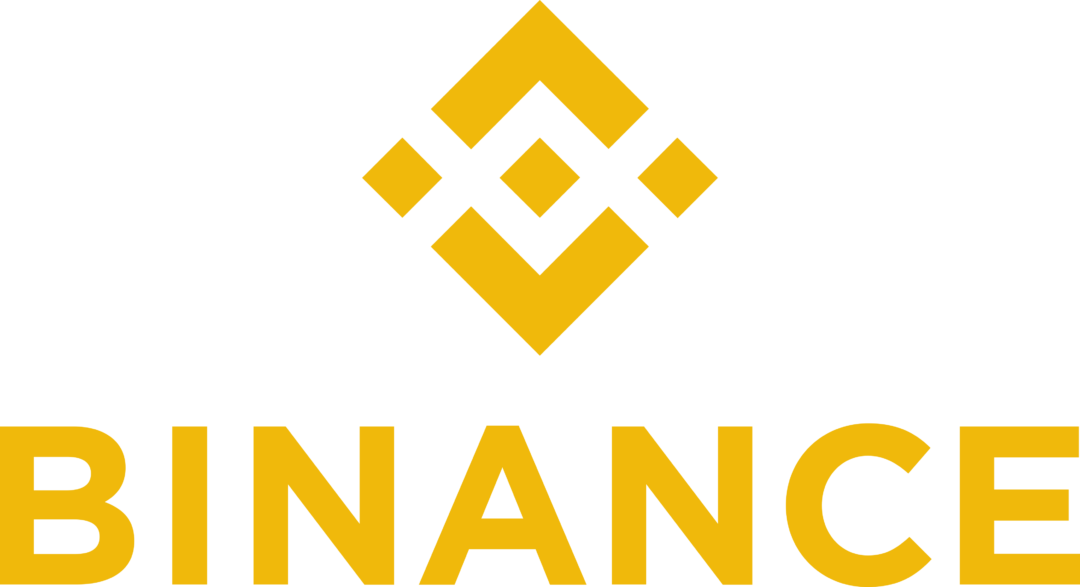EU institutions are moving closer to an agreement on a tailor-made legislative package to comprehensively regulate the crypt market and related activities in Europe. According to a media report, agreement on key legislation is likely to be reached this month.
You might be interested in: Top books on cryptocurrencies
An EU agreement on cryptocurrency regulation is expected by the end of June, sources say
Representatives of the relevant institutions in the European Union are close to consensus on the Markets in Crypto Assets (MiCA) proposal, which aims to introduce EU-wide rules for the cryptocurrency sector, Bloomberg said, referring to informed sources.
They decided to remain anonymous and revealed that the EU Council and the European Parliament (EP) are now optimistic about resolving the problems that are holding back the progress of the proposal. Negotiators are due to do so at two forthcoming meetings, on 14 June and 30 June.
According to sources familiar with the matter, the 27-member bloc member states and Parliament still disagree on several aspects of MiCA. These include the supervision of cryptocurrency service providers (CASPs), the potential inclusion of non-interchangeable tokens (NFTs) in the framework, and the regulation of stablecoins.
Officials are still debating how to limit the use of stablecoins in payments. For example, there is the idea of introducing a ceiling for transactions that are not denominated in euros. Discussion comes after collapse algorithmic stablecoin terrausd (UST) last month, which affected the crypto markets. Ensuring investor protection and limiting the impact of cryptocurrencies on financial stability are two other main considerations.
Discussions on key regulatory aspects of cryptocurrencies continue
MiCA, first introduced in 2020, was approved by the European Parliament's Committee on Economic and Monetary Affairs (ECON) in mid-March this year. That month, the package entered the phase of the so-called trilogue of the European legislative process, during which the final proposal must be coordinated between the European Parliament, the European Commission and the Council of the European Union.
The need to address the environmental impact of cryptoactive activities is also a key element in the negotiations, and some European legislators insist that the new legislation should take this into account. Provisions banning energy-intensive proof-of-work mining were triggered by a crypto-community response complaining that it was a ban Bitcoin. Controversial texts have been removed from the proposal. France, which currently holds the EU presidency, is ready to accept the Commission's proposal to publish CASP energy consumption.
EU members and lawmakers are also arguing over the inclusion of anti-money laundering provisions in cryptocurrency legislation. National governments are enforcing a separate set of rules, while European legislators are proposing to create a list of non-compliant CASPs.
Do not miss: ccShop review - Czech exchange office built on simplicity











